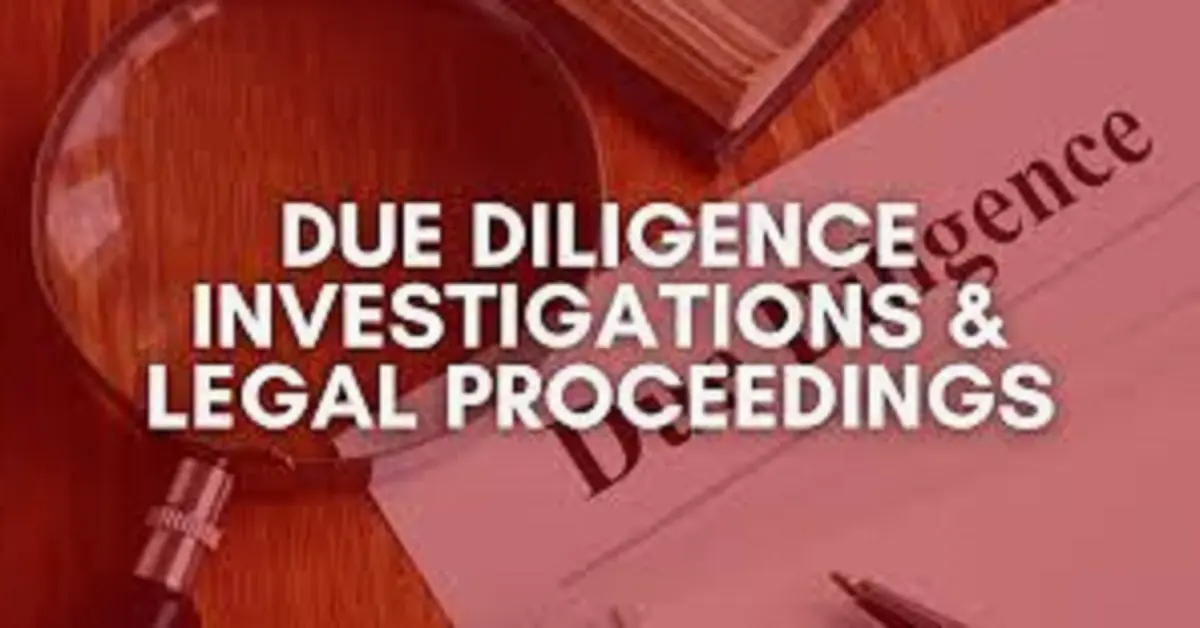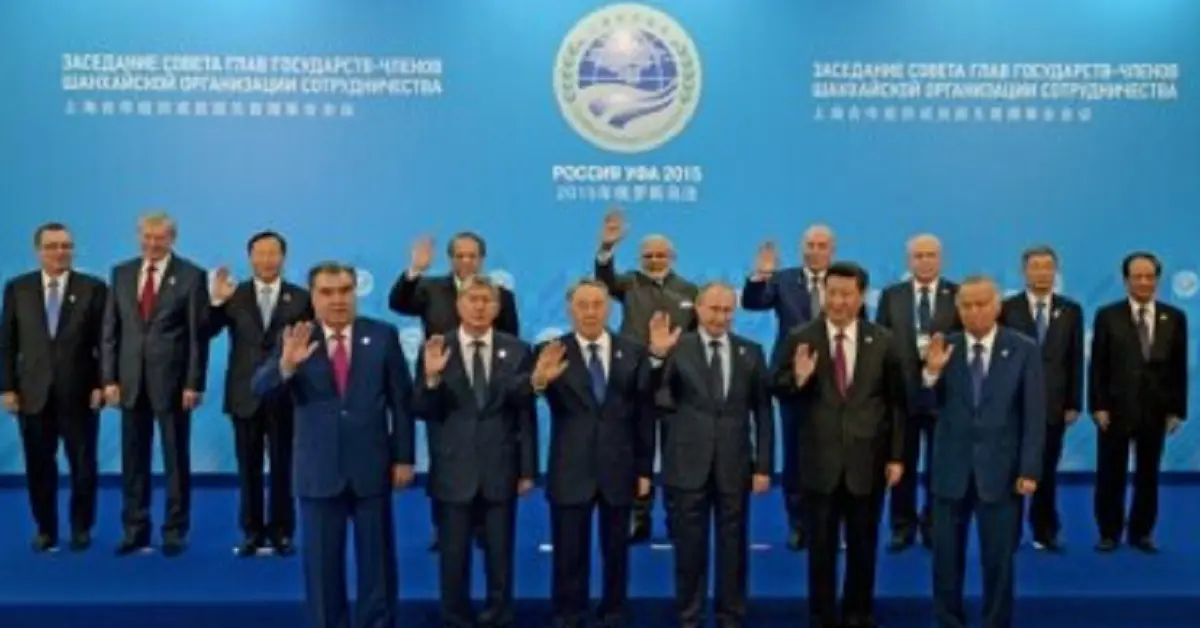1. Introduction
The phongsavanh group political scandal, a leading conglomerate in Laos, has long been celebrated for its contributions to the country’s economic development. Spanning industries such as banking, energy, telecommunications, and retail, the group’s influence is undeniable. However, recent allegations have painted a starkly different picture. Accusations of embezzlement, bribery, and political favoritism have placed the company and its leaders under intense scrutiny. This scandal not only threatens the group’s reputation but also highlights systemic issues within the broader political and economic framework of Laos.
2. Background of Phongsavanh Group
Established in the 1990s, the phongsavanh group political scandal quickly rose to prominence, leveraging strong connections and strategic investments to dominate multiple sectors. Its flagship enterprise, the Phongsavanh Bank, became Laos’ first private bank, playing a pivotal role in the country’s financial sector. Over time, the group diversified, investing in key industries that aligned with national development goals. This meteoric rise was underpinned by close ties with influential political figures, which, while advantageous, also set the stage for potential conflicts of interest.
3. The Emergence of the Scandal
The controversy surrounding the phongsavanh group political scandal began to surface in the early 2020s when whistleblowers and investigative journalists started uncovering questionable financial transactions and alleged preferential treatment in government contracts. Leaked documents suggested that the group had engaged in practices such as bribing officials to secure lucrative deals and influencing policy decisions that disproportionately benefited their interests. These revelations sparked widespread outrage, with calls for accountability echoing across Laos.
4. Key Figures and Political Connections
At the center of the scandal are the group’s top executives and their close political allies. Reports indicate that several high-ranking officials within the Lao government had financial and personal ties to the company, raising concerns about potential abuse of power. This intricate web of relationships underscores the challenges of maintaining impartial governance in a context where corporate and political interests often overlap.
5. Legal Proceedings and Investigations

In response to public outcry, Lao authorities launched a series of investigations into the allegations. While some cases progressed to court, critics argue that the proceedings lacked transparency, fueling skepticism about the government’s commitment to impartial justice. International watchdogs have also expressed concerns, urging the Lao government to strengthen its anti-corruption mechanisms and ensure accountability.
6. Media Coverage and Public Reaction
The scandal has garnered significant attention from both domestic and international media. Local outlets have highlighted the societal impacts of corruption, while global platforms have framed the controversy as part of a broader issue of governance in developing economies. Social media has played a crucial role in amplifying public dissent, with hashtags and online campaigns demanding justice and systemic reforms. The public’s reaction has been marked by a mix of anger, frustration, and a renewed call for transparency.
7. Economic Implications
The fallout from the scandal has been far-reaching. For the Phongsavanh Group, the allegations have led to financial losses and diminished trust among investors and customers. On a broader scale, the controversy has cast a shadow over the Lao economy, potentially deterring foreign investment and highlighting the risks associated with opaque business practices. As a cornerstone of the economy, the group’s troubles reverberate across sectors, affecting livelihoods and market stability.
8. Ethical and Governance Concerns
The scandal brings to the forefront critical questions about corporate governance and ethical leadership. It exposes gaps in regulatory oversight and underscores the need for stronger accountability frameworks. For the phongsavanh group political scandal, rebuilding trust will require more than superficial measures; it demands a genuine commitment to ethical practices and transparent operations.
9. International Perspective
Globally, the scandal has drawn mixed reactions. Neighboring countries and international organizations have expressed concerns about the implications for regional stability and governance. For Laos, the controversy presents an opportunity to strengthen its institutions and align with global standards of accountability and transparency.
10. Lessons Learned and the Path Forward
The Phongsavanh Group political scandal is a wake-up call for Laos and its corporate sector. It highlights the dangers of unchecked power and the need for robust mechanisms to prevent abuses. Moving forward, it is essential for businesses and governments alike to prioritize ethical practices, implement stricter regulatory measures, and foster a culture of accountability. Only then can public trust be restored, and the foundation for sustainable development be secured.
11. Political Ramifications
The political fallout from the phongsavanh group political scandal has been profound, shaking public confidence in both corporate and government institutions. In Laos, where politics and business often operate in close quarters, this case has sparked debates about the need for greater separation between the two spheres. Politicians implicated in the scandal face increased scrutiny, and public trust in the government has been eroded. The controversy has also galvanized calls for political reform, with activists and civil society organizations urging the government to prioritize anti-corruption initiatives and uphold democratic principles.
This incident has had ripple effects beyond Laos’ borders as well. The regional political community has taken notice, with international observers pointing to the scandal as a cautionary tale for other nations grappling with similar governance challenges. In some quarters, the controversy has prompted discussions about the role of Southeast Asia’s regional bodies, such as ASEAN, in promoting transparency and combating corruption across member states.
12. Challenges in Addressing the Scandal

Addressing a scandal of this magnitude comes with significant challenges. For the Lao government, balancing the need for accountability with the risk of economic disruption is a delicate task. The Phongsavanh Group’s size and economic influence mean that punitive measures could have widespread consequences for employment and investment in the country. At the same time, any perceived leniency risks further undermining public trust.
The lack of strong institutional frameworks to combat corruption further complicates the situation. While recent years have seen steps toward reform, such as the establishment of anti-corruption bodies, these efforts remain under-resourced and often lack the independence needed to act effectively. Critics argue that true progress will require not only structural reforms but also a cultural shift toward valuing transparency and ethical behavior.
13. Role of Civil Society and Public Engagement
Civil society in Laos has emerged as a key player in the wake of the Phongsavanh Group scandal. Activists, non-governmental organizations, and ordinary citizens have used social media and public forums to demand answers and push for systemic change. This represents a significant shift in a country where public dissent has traditionally been muted.
Grassroots movements have called for stronger protections for whistleblowers, greater access to information, and reforms to prevent conflicts of interest in public office. These efforts, while still in their early stages, have the potential to lay the groundwork for a more engaged and empowered citizenry.
14. Rebuilding Trust: The Way Forward
Rebuilding trust in the aftermath of the scandal will require a multifaceted approach. For the phongsavanh group political scandal, this means taking concrete steps to demonstrate accountability, such as hiring independent auditors, implementing robust compliance programs, and engaging with stakeholders to rebuild credibility.
On the governmental side, reforms aimed at strengthening anti-corruption frameworks and ensuring greater transparency in public-private dealings are essential. These could include mandatory disclosure of assets by public officials, stricter penalties for corporate malfeasance, and measures to enhance the independence of the judiciary.
Educational initiatives also have a role to play. By promoting ethical business practices and good governance at all levels of society, Laos can cultivate a new generation of leaders committed to integrity and accountability.
15. Broader Implications for Southeast Asia
The Phongsavanh Group political scandal is not just a national issue; it carries broader implications for the Southeast Asian region. As Laos continues to integrate into the global economy, cases like this highlight the risks posed by weak governance structures and the need for regional cooperation to address corruption and ensure sustainable development.
Other countries in the region are watching closely, as they face similar challenges in balancing rapid economic growth with the demands of good governance. The scandal serves as a stark reminder that economic success cannot come at the expense of transparency and accountability.
16. A Call for Change
The Phongsavanh Group political scandal has exposed vulnerabilities in Laos’ political and economic systems, but it also presents an opportunity for meaningful change. By confronting the issues at the heart of the controversy, Laos can emerge stronger and more resilient. This will require courage, determination, and a collective commitment to prioritizing the public good over private gain. In the words of reform advocates, “Transparency is not just a policy—it’s a principle for progress.”
17. The Impact on Lao Society

The phongsavanh group political scandal has deeply impacted Lao society, exposing the far-reaching consequences of corruption in everyday life. For citizens, the controversy has eroded trust in both the private and public sectors, creating a sense of disillusionment with the country’s leadership. At the same time, the scandal has spurred increased awareness and activism, with citizens demanding more transparency and accountability from those in power.
The scandal’s economic repercussions are also evident. Small and medium-sized enterprises (SMEs), which rely on fair competition and equal access to opportunities, have been particularly affected by the monopolistic tendencies highlighted in the case. The lack of a level playing field has discouraged entrepreneurial growth, limiting job creation and innovation in key sectors.
Socially, the scandal has ignited conversations about ethical values and the importance of integrity in both personal and professional life.
18. The Role of Whistleblowers
Whistleblowers played a crucial role in exposing the Phongsavanh Group scandal, risking their safety to reveal corruption and unethical practices. Their courage has sparked widespread admiration and renewed discussions about the need for stronger legal protections for those who come forward with evidence of wrongdoing.
In Laos, whistleblower protection laws remain underdeveloped, leaving individuals vulnerable to retaliation. Advocates argue that introducing comprehensive protections is essential for fostering a culture of accountability and encouraging more individuals to report misconduct without fear of repercussions.
Globally, the scandal has underscored the importance of independent journalism and investigative reporting in holding powerful entities accountable. Media outlets and investigative teams have demonstrated how thorough reporting can empower citizens and drive systemic change.
19. Transparency in Corporate Governance
The phongsavanh group political scandal highlights significant gaps in corporate governance within Laos. To rebuild trust and prevent future controversies, businesses must adopt international best practices for transparency and accountability. These include:
- Independent Audits: Conduct regular, independent audits to ensure compliance with laws and ethical standards.
- Board Oversight: Strengthening the role of boards of directors in overseeing management and ensuring ethical decision-making.
- Whistleblower Channels: Establishing secure and anonymous channels for employees to report unethical practices.
- Stakeholder Engagement: Engaging with stakeholders, including employees, customers, and investors, to ensure diverse perspectives are considered in decision-making.
By implementing these measures, companies can demonstrate a genuine commitment to ethical behavior and rebuild public confidence.
20. International Pressure and Collaboration

International organizations and foreign governments have taken note of the Phongsavanh Group scandal, recognizing its implications for regional stability and investment climates. Development partners, including NGOs and international financial institutions, have called on the Lao government to strengthen its governance structures and align with global anti-corruption standards.
Collaborative efforts, such as technical assistance and capacity-building programs, could support Laos in addressing these challenges. For example, partnerships with organizations like Transparency International could help design and implement effective anti-corruption frameworks tailored to the country’s unique context.
21. The Scandal’s Legacy
The phongsavanh group political scandal will undoubtedly leave a lasting legacy on Laos’ political and economic landscape. While the controversy has revealed significant weaknesses in governance, it has also created an opportunity for transformative change. The lessons learned from this case could pave the way for stronger institutions, greater public accountability, and a more equitable society.
For the Lao people, the scandal serves as a reminder of their power to demand better from their leaders. The public outcry and activism it has inspired highlight the potential for collective action to drive progress.
Conclusion
The phongsavanh group political scandal is a defining moment for Laos, exposing deep-rooted issues while also opening the door for reform and progress. By addressing the systemic weaknesses revealed by the controversy, the country can build a stronger foundation for governance, economic growth, and social trust. This will require collaboration across sectors, a commitment to transparency, and the courage to confront entrenched interests.
Ultimately, the true test of Laos’ resilience will be its ability to learn from this scandal and emerge stronger, more accountable, and more united in its pursuit of a just and prosperous future.